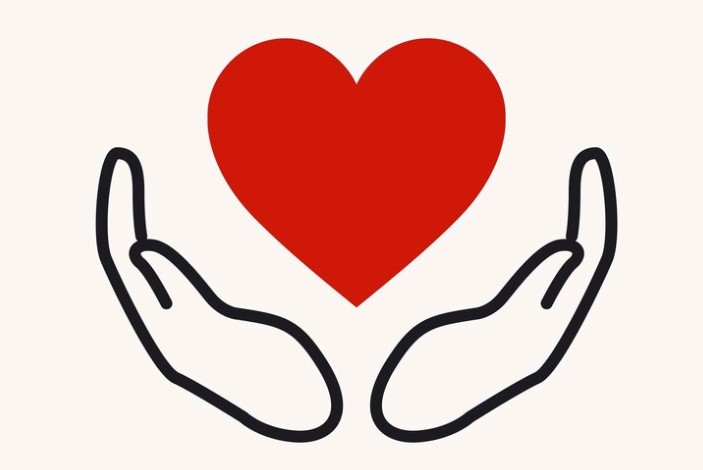The fight against alcoholism is a complex journey that often requires a multifaceted approach. Although medication may play a crucial role in managing cravings and withdrawal symptoms, it is only one part of a comprehensive alcoholism treatment program.
For many people, the most effective way to long-term recovery involves a combination of medication, behavioral therapy, and lifestyle changes. To maximize the chances of success, it is necessary to understand how these different elements have interacted.
In this comprehensive guide, we explore the integration of medication with other therapies, their potential benefits, and how they work together to support individuals in their alcoholism treatment journey.

The Role of Medication in Alcohol Addiction Treatment
Medication-assisted treatment (MAT) has become an increasingly important part of alcoholism treatment programs. Some medicines, such as naltrexone, acamprosate, and disulfiram, may help reduce cravings, block the effects of alcohol, and prevent alcohol consumption. These medicines work by targeting specific neurotransmitters and pathways associated with addiction and reward in the brain.
However, medication alone is rarely sufficient for long-lasting recovery. It is most effective in combination with behavioral therapy and support systems aimed at addressing the underlying psychological, social, and lifestyle factors that contribute to alcohol addiction.
Integrating Medication with Behavioral Therapies
Cognitive-behavioral therapy (CBT)
Cognitive-behavioral therapy (CBT) is one of the most widely used behavioral therapies in alcohol addiction treatment. CBT can be particularly effective when combined with medication, as it addresses the psychological aspects of addiction that medication alone cannot address. This approach helps individuals identify and modify the thought patterns and beliefs that contribute to their drinking behavior.
By changing unhealthy thought patterns and developing coping strategies, individuals can better manage triggers and cravings, even if they are taking medication.
Motivational Interviewing
Motivational interviewing complements medication-assisted treatment as another useful therapy. This client-centered approach helps individuals to explore and resolve their ambivalence to change their drinking behavior.
Motivational interviews can increase the likelihood that individuals will adhere to their medication regimen and engage in other therapeutic activities by encouraging motivation and commitment to recovery.
Support Groups and Peer Support

Support groups, such as Alcoholics Anonymous (AA), provide a vital source of encouragement, accountability, and shared experiences. In combination with medication and other therapies, support groups can strengthen the lessons learned during treatment and provide a sense of community that is necessary for long-term recovery.
Reputable addiction treatment centers, such as the Massachusetts Center for Addiction, often incorporate medication, behavioral therapy, and support group participation into their comprehensive treatment programs.
Addressing Co-occurring Disorders
Many people who struggle with alcoholism also suffer from co-occurring mental health disorders, such as depression, anxiety, or post-traumatic stress disorder (PTSD). In such cases, medication may be used simultaneously to treat both alcohol addiction and co-occurring disorders.
For example, antidepressants or anti-anxiety medicines may be prescribed in conjunction with alcohol addiction. Integrating these treatments with CBT and dialectical behavior therapy (DBT) can help to address the underlying mental health problems that may contribute to or exacerbate alcohol abuse.
Lifestyle Changes and Relapse Prevention
Comprehensive treatment programs for alcoholism recognize that recovery is a lifelong process that extends beyond the initial treatment phase. Medication and treatment can provide a solid foundation, but long-term success often depends on sustainable lifestyle changes and effective relapse prevention strategies.
It may include the introduction of healthy coping mechanisms, the creation of a supportive social network, the use of stress management techniques, and regular exercise or recreational activities. These lifestyle changes can strengthen the benefits of medication and therapy, reduce the risk of relapse, and promote overall well-being.
FAQs:
Can medication alone treat alcoholism?
No, medication is typically used in conjunction with counseling and behavioral therapies to achieve optimal outcomes in alcoholism treatment.
Are there potential side effects of medications used in alcoholism treatment?
Yes, common side effects may include nausea, dizziness, headache, or mood changes. It's essential to discuss potential side effects with a healthcare provider.
How long do individuals typically stay on medication during alcoholism treatment?
The duration of medication treatment varies based on individual needs. Some individuals may require short-term medication to manage withdrawal symptoms, while others may benefit from long-term maintenance therapy.
Conclusion
In conclusion, although medication plays a vital role in comprehensive alcoholism treatment programs, it is most effective when combined with other therapies and lifestyle changes.
Integrating medication with behavioral therapies, support groups, and relapse prevention strategies can address the multifaceted nature of alcohol addiction and increase the chances of long-term recovery.
Don't forget that recovery is a journey, and a comprehensive approach that focuses on the physical, psychological, and social aspects of addiction is often the key to success.

